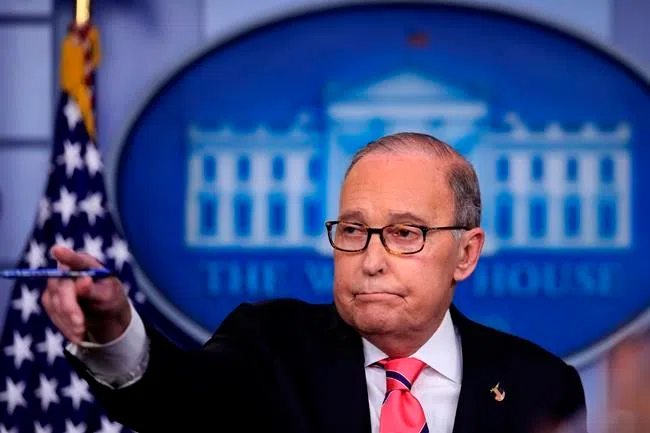
In wake of GM cuts, Trump fires back: don’t move production to China, or else
WASHINGTON — Donald Trump tweeted a warning shot across GM’s front bumper Tuesday, threatening to pull all U.S. subsidies for America’s largest automaker if its plans to slash jobs and production at North American plants prove to be a precursor to building interconnected electric cars in China.
The U.S. president’s senior economic adviser was in the middle of a White House briefing when Trump delivered his latest broadside, a full 24 hours after General Motors announced plans to cut more than 14,000 jobs and end production at five plants, including one in Oshawa, Ont.
“The U.S. saved General Motors, and this is the THANKS we get!” Trump tweeted, noting that GM facilities in both China and Mexico appeared to escape unscathed. “We are now looking at cutting all GM subsidies, including for electric cars. General Motors made a big China bet years ago when they built plants there (and in Mexico) — don’t think that bet is going to pay off. I am here to protect America’s Workers!”
The company said the cuts — 2,500 jobs in Oshawa, GM’s Canadian heartland, as well as 3,300 production workers in the U.S. and 8,000 salaried staff — are part of a dramatic course correction aimed at better positioning GM for the dominance of electrified, interconnected and automated automobiles.
